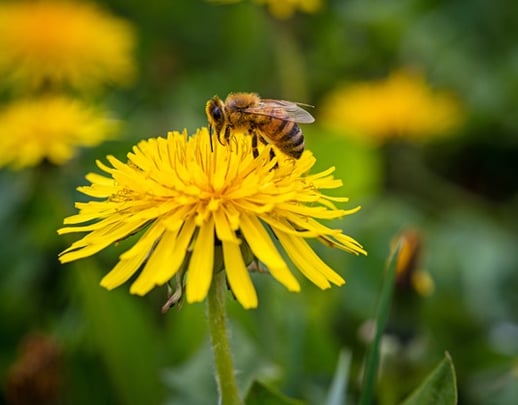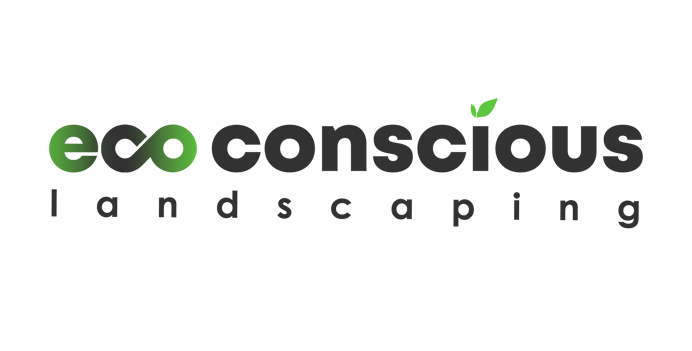Rethinking Yard Chemicals
Nurturing Healthier Landscapes for All


In our pursuit of the perfect lawn, the widespread use of pesticides and herbicides has become an ingrained practice. However, as a conscientious landscaper, I invite you to consider the far-reaching effects of these cosmetic yard chemicals on people, pets, and wildlife. It's time to embrace alternatives that not only promote a lush landscape but also safeguard the well-being of our communities and the environment.
The Impact on People: Pesticides and herbicides contain a cocktail of chemicals designed to eliminate unwanted plants and pests. Unfortunately, this toxic blend can have unintended consequences for human health. Exposure to these chemicals has been linked to respiratory issues, skin irritations, and even more serious long-term health concerns. By reevaluating the use of these chemicals, we prioritize the health and safety of our families, neighbors, and communities.
The Toll on Pets: Our four-legged companions are not immune to the dangers of yard chemicals. Pets, often closer to the ground and with a tendency to explore, can inadvertently come into contact with treated surfaces. This exposure has been associated with various health problems, including gastrointestinal issues, skin irritations, and in extreme cases, more severe conditions. Choosing alternatives that are pet-friendly ensures a safe and enjoyable environment for our furry friends.
The Impact on Wildlife: Pesticides and herbicides disrupt the delicate balance of ecosystems, affecting not only unwanted pests but also beneficial insects, birds, and other wildlife. Bees, essential pollinators for our food supply, are particularly vulnerable. Moreover, the chemicals can accumulate in the food chain, posing a threat to larger wildlife. Embracing alternatives allows us to create landscapes that coexist harmoniously with nature.
Alternatives to Costly Weed Killers: There exist effective, affordable, and eco-friendly alternatives to traditional pesticides and herbicides. Mulching, for example, inhibits weed growth by blocking sunlight and retaining moisture in the soil. Hand weeding, though labor-intensive, is a targeted and chemical-free way to eliminate unwanted plants. Additionally, the use of natural herbicides, such as vinegar or corn gluten meal, provides a safe and effective means of weed control.
The Call for Reevaluation: It's time to reevaluate our reliance on cosmetic yard chemicals. As stewards of the environment, we have a responsibility to nurture landscapes that prioritize health and sustainability. By opting for alternatives, we not only protect our families, pets, and local wildlife but also contribute to the larger mission of building a greener, safer world.
In conclusion, as we tend to our lawns and gardens, let us be mindful of the broader impact our choices have on the health of our communities and the environment. Embracing alternatives to pesticides and herbicides is a powerful step towards creating landscapes that thrive without compromising the well-being of people, pets, and wildlife. It's time to rethink our approach and pave the way for a healthier, more sustainable future.
